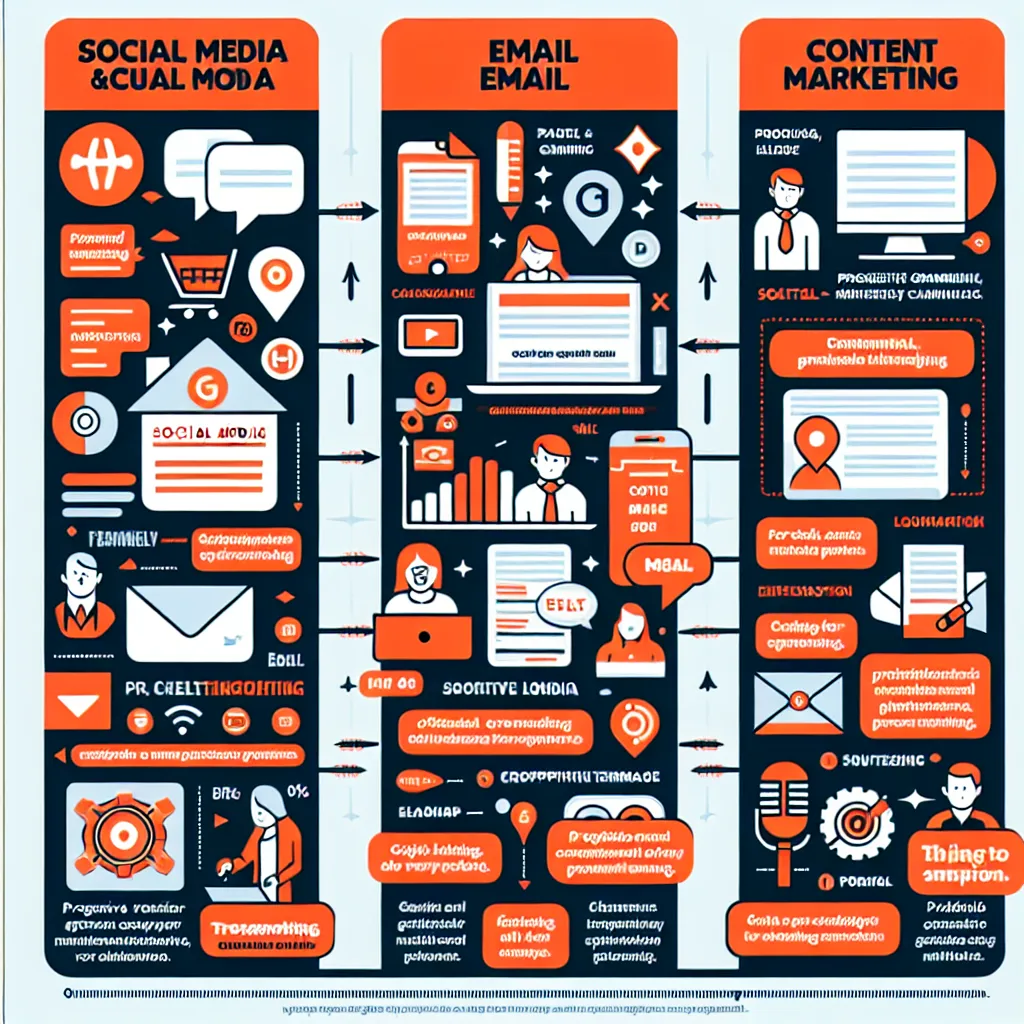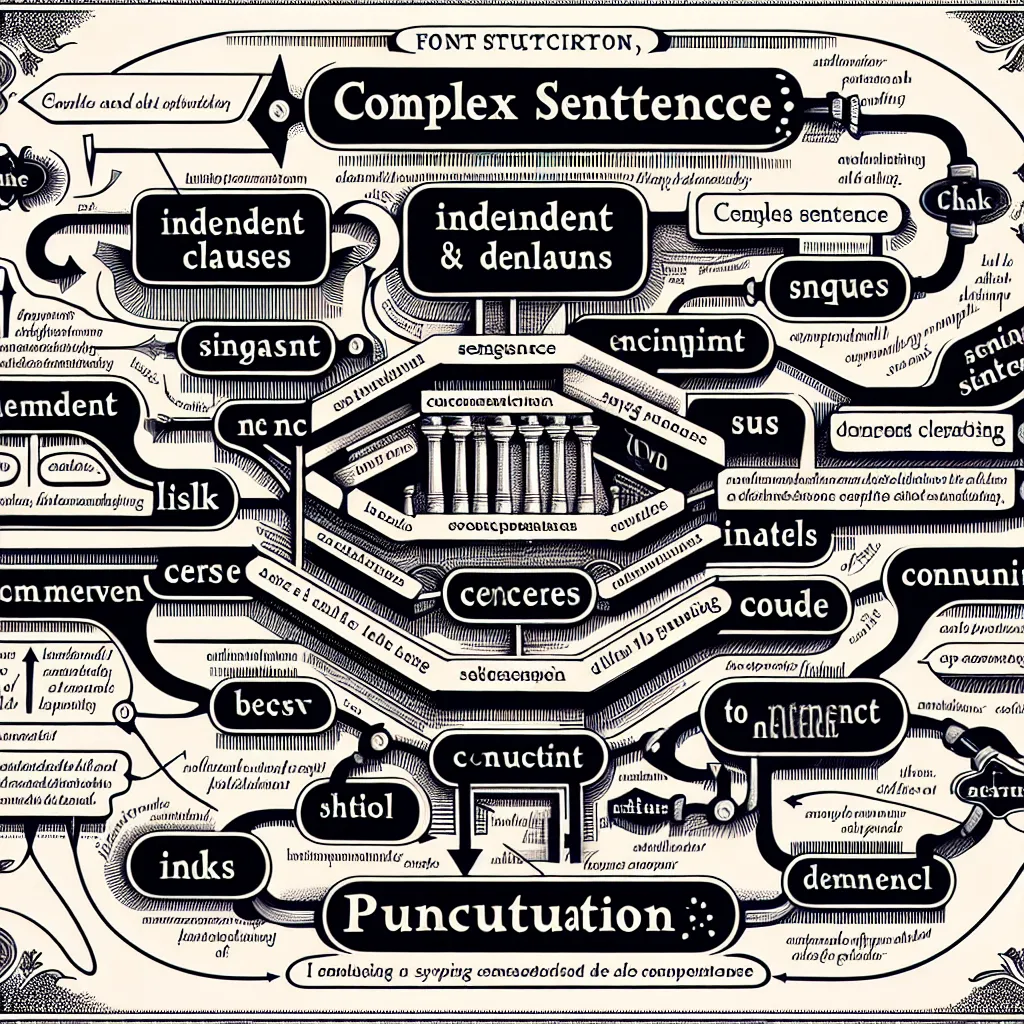Are you looking to take your marketing content to the next level? Understanding and applying advanced grammar techniques can significantly enhance the impact and professionalism of your marketing materials. In this comprehensive guide, we’ll explore the intricacies of Advanced Grammar For Marketing, providing you with the tools to craft compelling and polished content that resonates with your target audience.
Why Advanced Grammar Matters in Marketing
In the competitive world of marketing, every word counts. Advanced grammar skills allow marketers to communicate more effectively, build credibility, and create content that stands out from the crowd. By mastering these techniques, you can:
- Craft persuasive copy that engages readers
- Enhance brand perception through polished communication
- Improve search engine optimization (SEO) with well-structured content
- Avoid embarrassing errors that could damage your brand’s reputation
 Advanced Grammar for Marketing
Advanced Grammar for Marketing
Key Advanced Grammar Concepts for Marketers
1. Parallel Structure in Marketing Copy
Parallel structure is crucial for creating rhythmic, memorable marketing messages. It involves using the same grammatical form for similar ideas within a sentence or list.
Example:
Weak: “Our product saves time, money, and you’ll have more energy.”
Strong: “Our product saves time, reduces costs, and boosts energy.”
By maintaining parallel structure, the message becomes more impactful and easier to remember.
2. Mastering Relative Clauses for Descriptive Content
Relative clauses can add depth and detail to your product descriptions and brand stories. They allow you to seamlessly incorporate additional information without disrupting the flow of your content.
Example:
Basic: “Our new smartphone has a high-resolution camera. It takes stunning photos in low light.”
Advanced: “Our new smartphone, which features a high-resolution camera, takes stunning photos in low light.”
For more on using advanced relative clauses in professional writing, check out our detailed guide here.
3. Effective Use of Subordinating Conjunctions
Subordinating conjunctions help create complex sentences that show relationships between ideas, making your marketing copy more sophisticated and persuasive.
Example:
Simple: “We offer a money-back guarantee. You can try our product risk-free.”
Advanced: “Because we offer a money-back guarantee, you can try our product risk-free.”
This structure emphasizes the cause-and-effect relationship, making the offer more compelling.
4. Strategic Deployment of Passive Voice
While active voice is generally preferred in marketing, strategic use of passive voice can be effective for emphasizing the product or service rather than the company.
Example:
Active: “We design our products with cutting-edge technology.”
Passive: “Our products are designed with cutting-edge technology.”
The passive construction here puts the focus on the products and their features.
Advanced Grammar Techniques for Specific Marketing Channels
Social Media Marketing
For social media, concise yet impactful grammar is key. Use:
- Ellipsis for creating suspense: “Our new product launch is just around the corner…”
- Hashtag-friendly sentence structures: “#NewProduct #ComingSoon”
- Rhetorical questions to engage: “Ready to revolutionize your workflow?”
Email Marketing
In email marketing, clarity and persuasion are paramount. Employ:
- Conditional sentences to create urgency: “If you act now, you’ll receive an exclusive bonus.”
- Imperative mood for clear calls-to-action: “Claim your free trial today!”
- Personalization through second-person pronouns: “You’ll love our new features.”
Content Marketing
For long-form content, showcase your grammar prowess with:
- Varied sentence structures to maintain reader interest
- Transitional phrases for smooth flow between paragraphs
- Judicious use of semicolons to connect related independent clauses
For more insights on improving grammar for formal writing, visit our comprehensive guide here.
 Grammar Techniques for Marketing Channels
Grammar Techniques for Marketing Channels
Common Grammar Pitfalls in Marketing Content
Even experienced marketers can fall into grammar traps. Here are some to watch out for:
- Misplaced modifiers: “As a leading brand, our products are unparalleled.” (The brand, not the products, is described as leading.)
- Faulty parallelism in lists: “Our service is fast, reliable, and offers great value.” (Mix of adjectives and verb phrase)
- Incorrect use of affect/effect: “Our new campaign will effect change in consumer behavior.” (Should be “affect” unless referring to bringing about change)
- Dangling participles: “Having finished the report, the deadline was met.” (Who finished the report?)
Practical Tips for Improving Your Marketing Grammar
- Read widely within your industry to absorb effective grammatical structures.
- Use grammar-checking tools, but don’t rely on them exclusively.
- Practice writing in different marketing contexts (social media, blog posts, whitepapers) to flex your grammatical muscles.
- Seek feedback from colleagues or professional editors.
- Stay updated on evolving language trends in marketing.
For additional strategies on perfecting grammar for branding content, explore our detailed article here.
Advanced Grammar Resources for Marketers
To further hone your skills, consider these resources:
- “The Elements of Style” by Strunk and White – A classic guide to clear and concise writing
- Grammarly’s blog – Regular updates on grammar tips for professional writing
- Coursera’s “Grammar and Punctuation” course – A comprehensive online program for advanced grammar skills
- “Eats, Shoots & Leaves” by Lynne Truss – An entertaining look at punctuation in English
Conclusion
Mastering advanced grammar for marketing is an ongoing process that can significantly elevate the quality and effectiveness of your content. By applying these techniques and staying vigilant about common errors, you’ll create marketing materials that are not only grammatically sound but also more persuasive and engaging.
Remember, great grammar in marketing isn’t about showing off linguistic skills—it’s about communicating your message clearly, professionally, and persuasively. Keep practicing, stay curious, and watch as your marketing content transforms from good to exceptional.
For more insights on advanced grammar in strategic communications, don’t miss our in-depth article here.
We’d love to hear about your experiences with applying advanced grammar in your marketing efforts. Share your thoughts and questions in the comments below!




